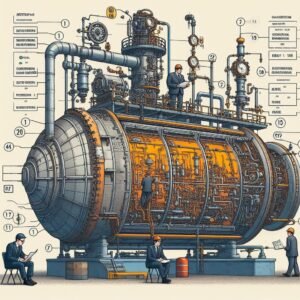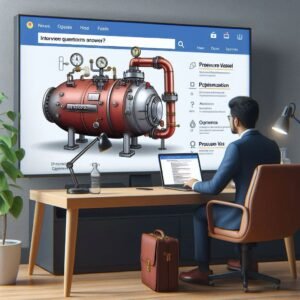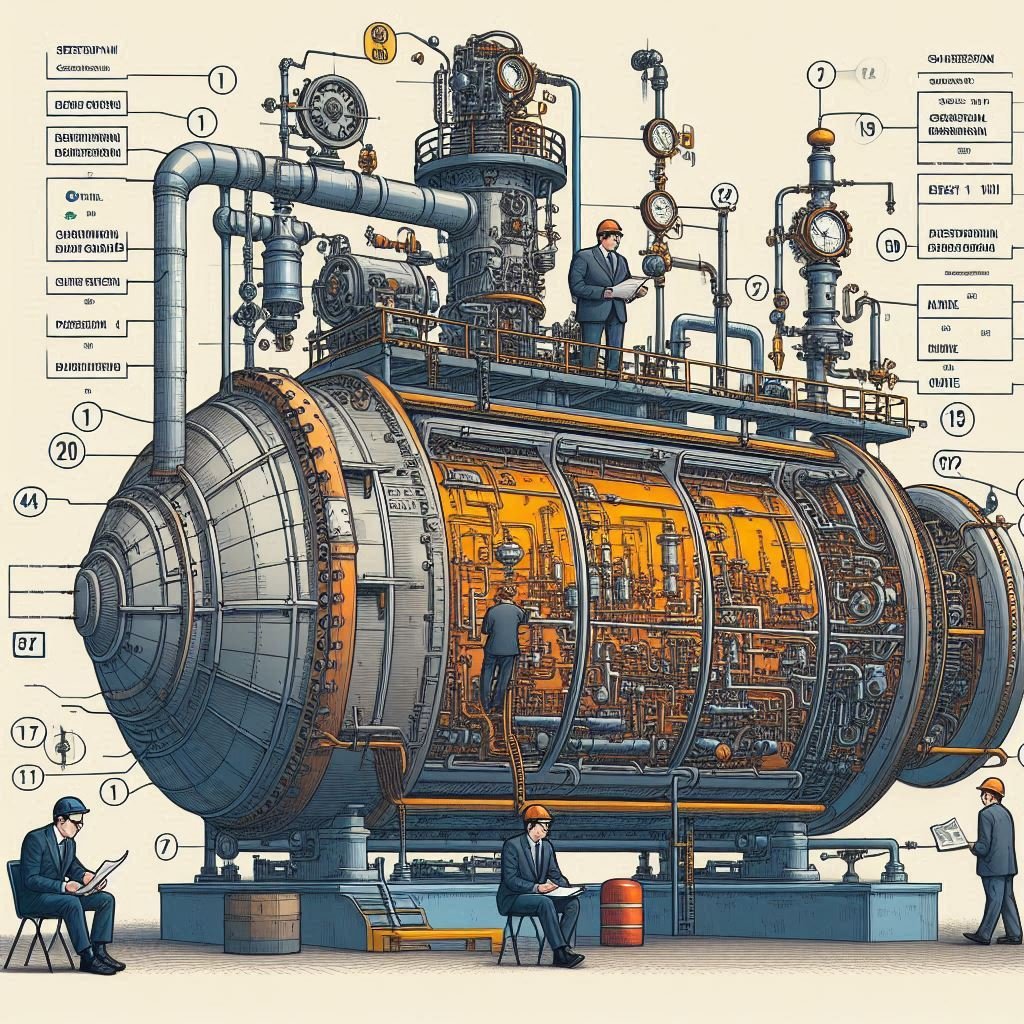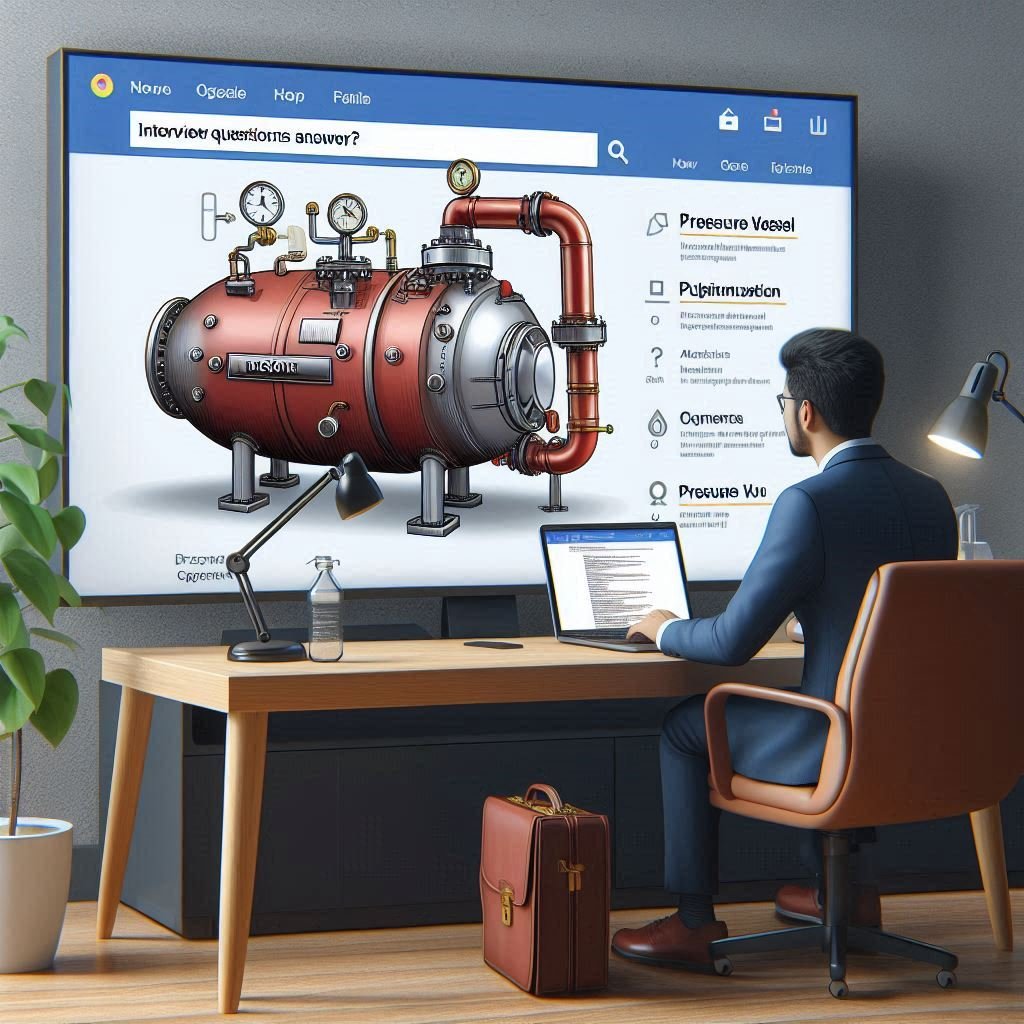Understanding Core Mechanical Engineering Concepts
Mastering core mechanical engineering concepts is essential for acing interviews and demonstrating your technical proficiency. This section delves into fundamental topics such as thermodynamics, fluid mechanics, material science, and mechanics of materials. Understanding these areas will not only prepare you for common interview questions but also enable you to articulate complex concepts effectively.
Thermodynamics
Thermodynamics deals with the principles governing energy and its transformations. Key topics include the laws of thermodynamics, entropy, and thermodynamic cycles such as the Carnot and Rankine cycles. Interviewers often ask questions like, “Can you explain the second law of thermodynamics?” or “How does a heat engine work?” To answer effectively, focus on the core principles and use real-world applications to illustrate your points. For further reading, consider “Thermodynamics: An Engineering Approach” by Yunus A. Çengel and Michael A. Boles.
Fluid Mechanics
Fluid mechanics is the study of fluids (liquids and gases) and their behavior under various conditions. Key concepts include fluid statics, dynamics, and flow rates. Common interview questions might include, “What is Bernoulli’s equation?” or “How do you calculate Reynolds number?” When responding, ensure clarity by breaking down equations and using diagrams if possible. “Fluid Mechanics” by Frank M. White is an excellent resource for deepening your understanding.
Material Science
Material science explores the properties and applications of different materials. Important topics include the structure of materials, phase diagrams, and mechanical properties like hardness and ductility. Interview questions such as, “What are the differences between ferrous and non-ferrous metals?” or “Explain the stress-strain curve” are common. Address these by focusing on material properties and their practical implications. “Materials Science and Engineering: An Introduction” by William D. Callister is a recommended reference.
Mechanics of Materials
Mechanics of materials, or strength of materials, involves analyzing the behavior of solid objects subject to stresses and strains. Key topics include stress-strain relationships, bending, torsion, and failure theories. Typical interview questions might be, “What is the difference between stress and strain?” or “How do you determine the bending moment in a beam?” Clear, concise explanations using fundamental principles and equations will be beneficial. “Mechanics of Materials” by James M. Gere is an excellent textbook for further study.
To reinforce your understanding, practice problems and further reading are essential. Resources such as online forums, academic journals, and textbooks can provide additional insights and problem-solving techniques. By mastering these core concepts, you will be well-prepared to tackle any technical questions that come your way during an interview.
Mastering Technical Skills and Practical Applications
In the realm of mechanical engineering, technical skills and their practical applications form the backbone of your professional competence. Proficiency in CAD software is a non-negotiable requirement for most mechanical engineering roles. Tools like AutoCAD, SolidWorks, and CATIA are widely used in the industry to create detailed 2D and 3D models. Demonstrating a strong command of these tools can significantly enhance your candidacy during interviews.
Finite Element Analysis (FEA) is another critical area that employers focus on. FEA is essential for predicting how products will react to real-world forces, such as heat, vibration, and other physical effects. Mastery of FEA tools, including ANSYS and Abaqus, not only showcases your analytical skills but also your ability to optimize designs for performance and safety.
Understanding manufacturing processes is equally paramount. Whether it’s knowledge about CNC machining, injection molding, or additive manufacturing, being able to discuss these processes fluently will demonstrate to interviewers that you can bridge the gap between design and production. Real-world applications such as these underline your practical expertise and readiness to tackle industry challenges.
Hands-on experience is another crucial aspect that cannot be overlooked. Internships and project work provide tangible evidence of your skills. Be prepared to discuss specific projects you have worked on, detailing your role, the tools and methodologies used, and the outcomes achieved. This not only highlights your technical capabilities but also your ability to apply theoretical knowledge practically.
When it comes to interview techniques, problem-solving strategies play a pivotal role. Approach technical questions methodically by breaking down the problem, discussing possible solutions, and explaining your reasoning process. Presenting past projects effectively involves a clear and concise explanation, emphasizing your contributions and the challenges you overcame. Handling technical questions under pressure requires a calm demeanor and the ability to think on your feet, reflecting your problem-solving acumen and resilience.









One thought on “Ultimate Guide for Mechanical Engineers: Interview Preparation”